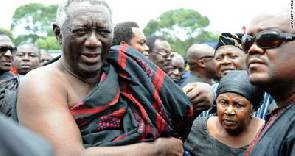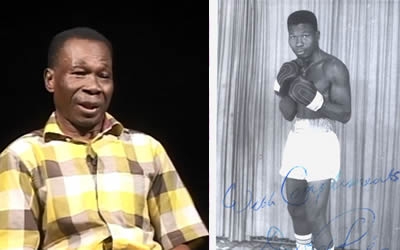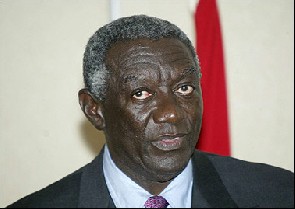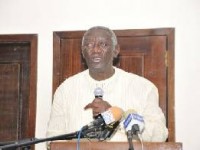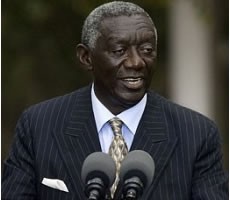 Former President John Agyekum Kufuor is advocating the reconstitution of the Council of State into an Upper House of Parliament to serve as an effective check on both the Executive and Lower House.
Former President John Agyekum Kufuor is advocating the reconstitution of the Council of State into an Upper House of Parliament to serve as an effective check on both the Executive and Lower House.
As at now, the Council of State has been an advisory body to the Executive. He said the Council of State has proven to be ineffective therefore the nation needs a non-partisan discerning body to serve as a check in decision making.
According to him, this would ensure that bills formulated by the Executive are subjected to scrutiny by the Upper House before being passed into law.
Former President Kufuor made the suggestion during a consultative meeting with the Advisory Committee on the constitution review process on the Winner-Takes-All (WTO) of the Institute of Economic Affairs (IEA) at his residence in Accra, yesterday.
The meeting was part of a series of nationwide consultation for input into the constitutional amendment process, which is aimed at addressing the challenges of the WTA political system in the country.
The former President was of the view that reconstituting the Council of State into an Upper House, with regional and institutional representations, would ensure that the Executive and Majority in Parliament “do not have their way.”
Speaking on other ways of enhancing good governance, the former President called for the abolition of the Office of the Vice President and replace it with Office of Prime Minister who would actively represent the executive in Parliament.
He stated that adopting the Westminster system would be more beneficial to the country than the present system where the Office of Vice President is almost redundant because of the active participation of the President in governance.
He opposed the concept of power sharing among parties, saying that will not work well, especially when the President and Vice President or Prime Minister and Ministers belong to different political ideologies.
Ex-President Kufuor said: “Governance is not booty,” adding that “if governance was booty then the winner should take all. But if it is about serving the people and making the citizenry the repository of national sovereignty, then governance must be a shared responsibility,” he said.
He cautioned against rushing the constitutional amendment process through Parliament and a referendum.
Instead, he advised that Ghanaians should be made to own the process and understand the intended changes.
“Definitely, we have to review the constitution, but we must be extremely careful in ensuring that we understand the philosophy of the constitution, so that the amendments we seek today does not bring more problems in the future,” he said.
Justice Francis Emile Short, former Commissioner for Human Rights and Administrative Justice, who led the WTA Advisory Committee to the meeting, said the winner-takes-all system has been identified as the cause of political polarization in Ghana.

